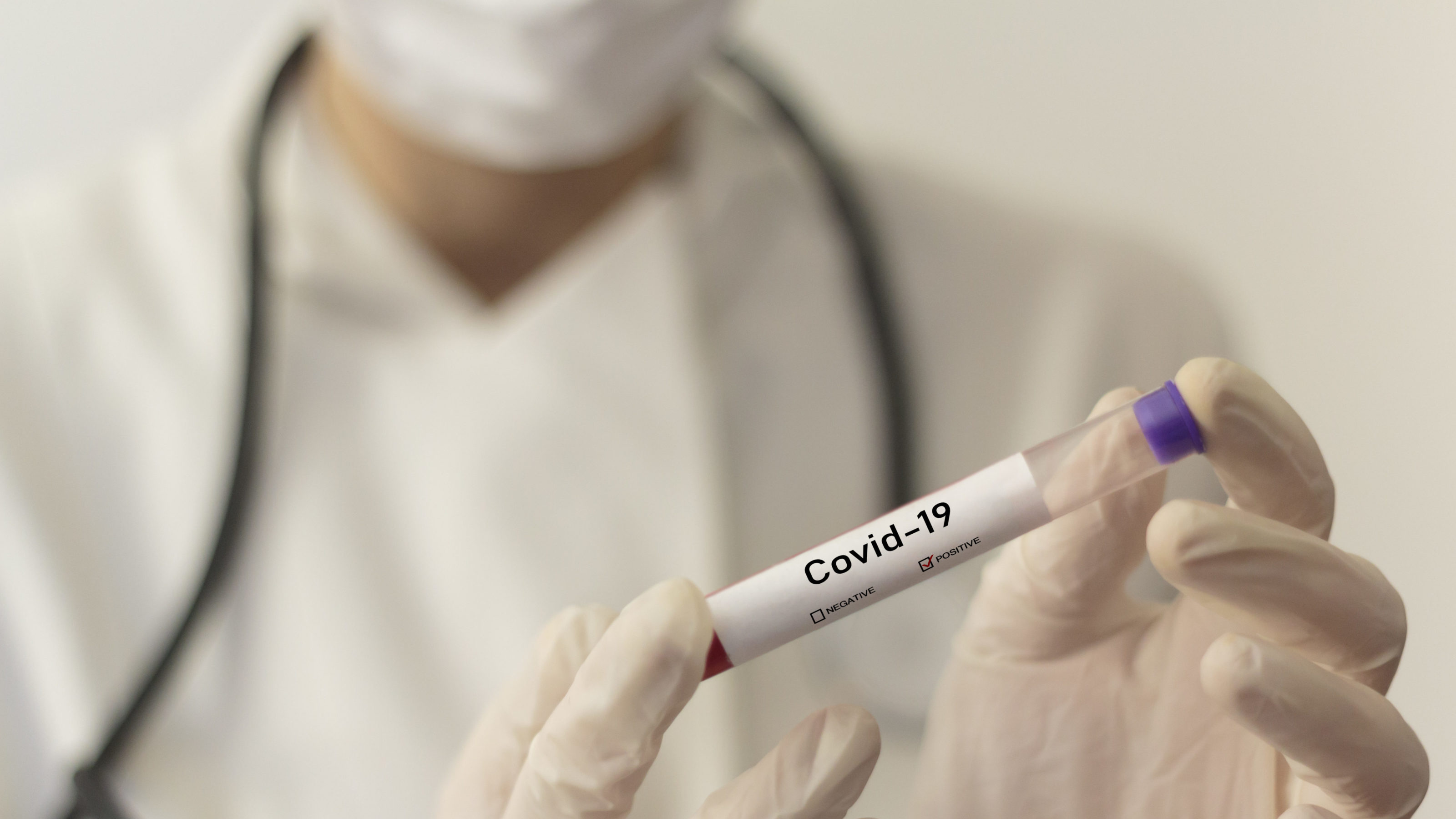Representatives from the Regional Municipality of Wood Buffalo and the oil sands industry are confident in the measures being taken to keep the community safe.
Our response to COVID-19 has been steady and consistent. We were beginning to prepare for this possibility in January … We’ve been expecting the presence of COVID-19 in the region, and we are well prepared.

– Scott Davis, director of emergency management, Regional Municipality of Wood Buffalo
I believe with the industry discussions I’ve had that they are taking exceptional measures right now, and I believe our partners are going to do their best during this time to keep us safe.

– Don Scott, mayor, Regional Municipality of Wood Buffalo
We’re confident that we can provide the care that is going to be required for the duration of the pandemic in Fort McMurray here at Northern Lights [Health Centre].

– Murray Crawford, senior operating officer, Northern Lights Regional Health Centre
We have very, very thorough processes and procedures as it relates to pandemics … Steady and sustained operations are the safest way to manage our operations during this time. It’s important to the region, it’s important to Albertans and it’s important to Canada.

– Karim Zariffa, executive director, Oil Sands Community Alliance
Alberta Health Services
In addition to the required emergency protocols in place at oil sands worker lodges, operators have been provided COVID-19 specific guidelines set out by Alberta Health Services:
- Lodges are urged to limit the number of workers in any given area, at any given time; practice social distancing; and ensure workers are practicing good hand hygiene.
- If an employee living in a worker lodge has symptoms of cough, runny nose, fever or sore throat, or meets COVID-19 screening criteria, they should immediately self-isolate in their own room, with their own bathroom (if possible), and have meals delivered to them in their room; and inform the most responsible person at their site immediately, as per company policy. This person must notify AHS Public Health promptly for further assessment.
- Employees living in work camps should be assessed prior to using corporate transportation (e.g. bus, aircraft) to travel to/from their work camp for their shift.
- Employers should not allow anyone to travel using corporate transportation (e.g., bus, aircraft) while symptomatic.
- Employees and employers should work together to explore alternate transport arrangements for symptomatic individuals. If the person can be safely transported to another home setting without posing a risk to others, this may be considered on a case-by-case basis in consultation with Public Health.
Oil Sands Workforce
The Oil Sands Community Alliance, which represents oil sands producing companies in the Athabasca region, outlined measures being taken against COVID-19.
Screening/Self-isolation Protocol
- A worker, whether coming by road or air, goes through a screening procedure before entering site. This can be in the form of a daily COVID-19 assessment questionnaire and/or a temperature check.
- If the on-site worker displays symptoms that meet COVID-19 screening criteria, such as a cough, sore throat, fever, or shortness of breath, they are assessed by the on-site clinical staff and immediately required to:
- Self-isolate in their own room, with their own bathroom and meals delivered to their room.
- Workers that are self-isolating are removed from the general workforce population.
- In an effort to reduce the burden on the healthcare system, companies are utilizing on-site medical clinics, professionals and resources.
Workforce/Schedules
- All non-essential staff has been directed to work from home.
- Companies are focusing on essential staff, and adjusting work schedules, thereby dramatically decreasing the population on site.
- In some cases scheduled maintenance turnarounds have been postponed to minimize activity on site while physical distancing requirements are in place.
Physical Distancing
- Areas including lobbies, lounges, gyms and recreational spaces have been closed or are being managed aggressively.
- Tables and chairs have been removed from dining halls to increase the spacing between individuals.
- In common areas, some companies have used tape to identify two metre distances.
- Meals have switched from buffet to pre-packaged or are served by staff and utensils are disposable.
- More time is allocated to meals, or meal times are being staggered to accommodate physical distancing and minimize exposure.
Sanitation
- All companies have implemented advanced cleaning and disinfecting protocols.
- Spaces are cleaned more frequently.
- There are required personal protective equipment standards for cleaning and specific high grade cleaning agents.
Transportation Protocols
- More flights in and out of the region, and staggering flight times.
- Flights flying at reduced capacity to minimize exposure.
- Limiting the number of people on buses (one per row).Offering safe repatriation busing services to major hubs.
